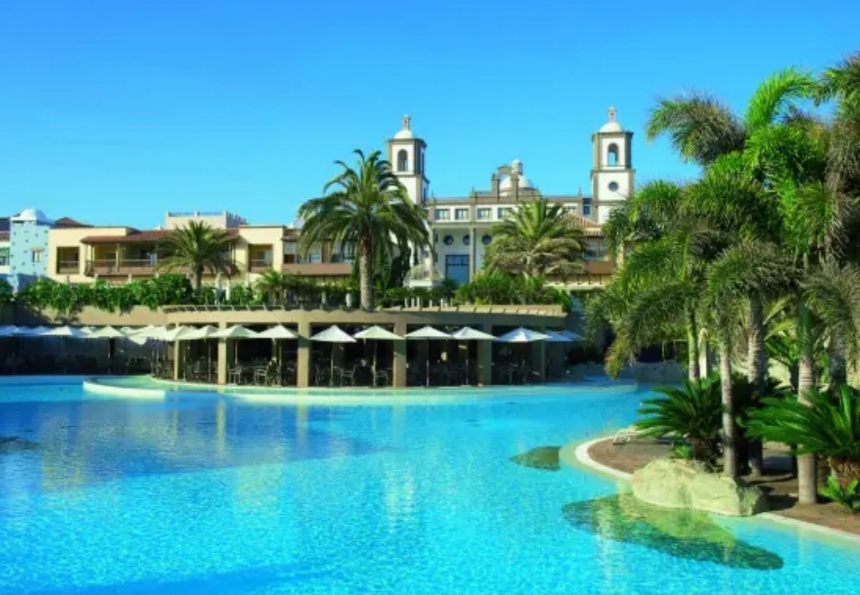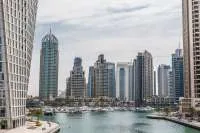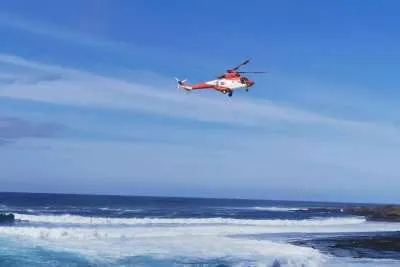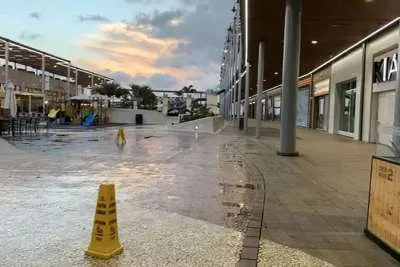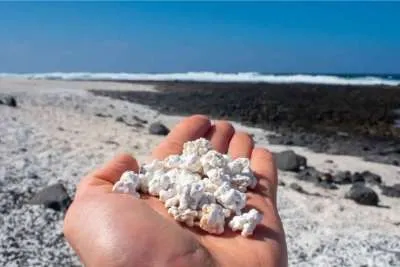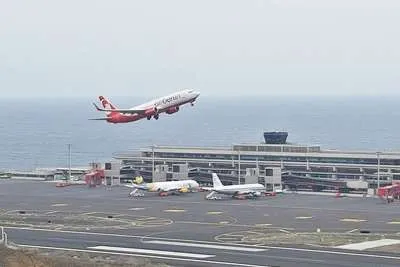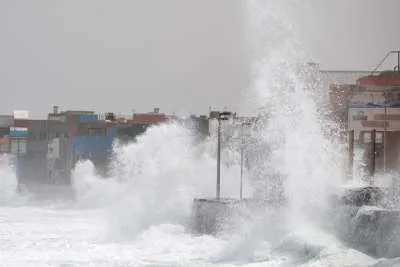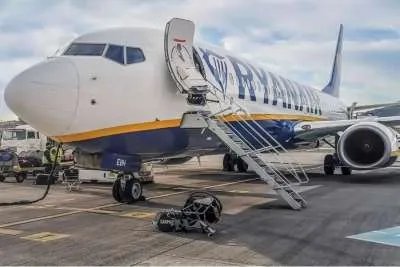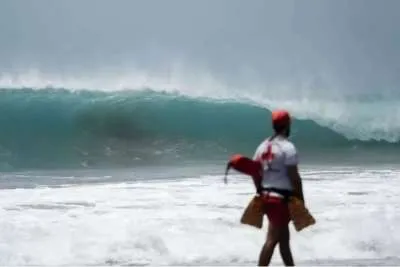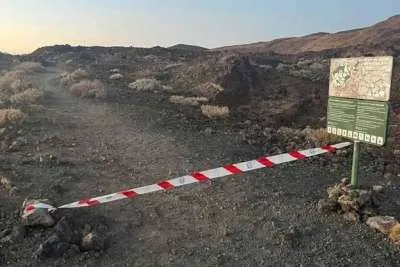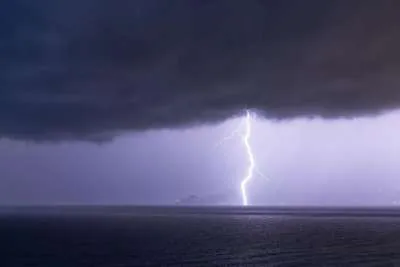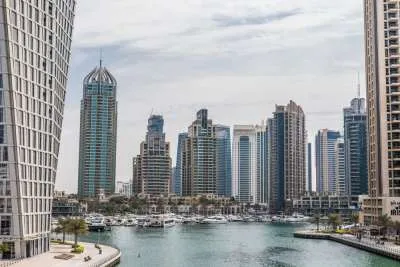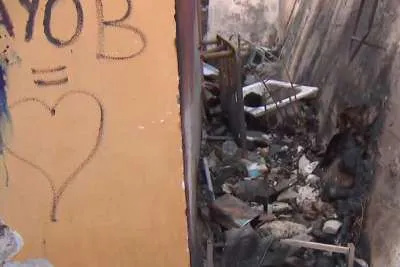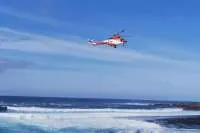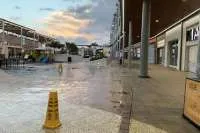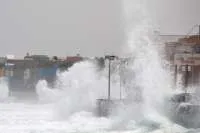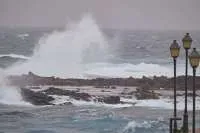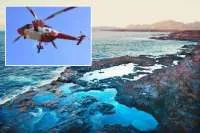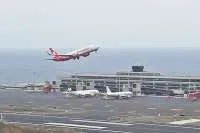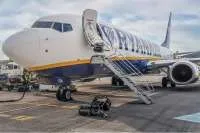80% of resorts in the Canary Islands will be back open by July 1st
- 30-05-2021
- Business
- Canarian Weekly
Hotels, apartment complexes, and timeshare resorts in the Canary Islands have started progressively opening in May and this is expected to continue during June until 80% are back open by July 1st.
The advancement in the rate of vaccination and the lower restrictions on travel from many European coubtries suggest "some movement" of visitors this summer, and is leading hotel chains to re-open establishments.
However, although expectations have increased in the last few weeks, and a certain reactivation is expected, the occupancy levels expected by the sector are not very high. They estimate that it will be between 40 and 50% during summer and won't open all their floors or rooms.
As many of the chains acknowledge, the new openings aren"t responding to a big increase in demand, but to the need to offer customers different travel options and respond to all profiles. For example, until now some groups had only opened establishments to cater for couples, but in summer they are expanding their offer to cater for families.
Barceló have announced that they will open three more hotels in June, which means 80% of their resorts will be available for guests.
RIU says that they foresee new reopenings in the next few weeks in Gran Canaria, Fuerteventura and Tenerife, so that by July 12 of their 18 hotels in the Canary Islands will be open.
According to a company statement, the Canary Islands is the destination where they will have the most open. Of the six RIU hotels that will remain closed, four are in Gran Canaria (out of a total of 9); one in Tenerife (out of four) and one in Fuerteventura.
As for the Lopesan group, the situation is similar, of the 12 hotels that it has in the Canary Islands it will continue to schedule openings and for now, it will keep four closed: two in Playa del Inglés, the Ifa Faro and the Costa Meloneras. Lopesan Hotel Group say they will open the Abora Buenaventura in Gran Canaria and the IFA Altamarena in Fuerteventura for the summer season.
In Gran Canaria the Lopesan Baobab Resort, the Lopesan Villa del Conde Resort & Thalasso, the Kumara Serenoa by Lopesan Hotels and the Abora Interclub Atlantic by Lopesan Hotels are also open. Lopesan sources are very cautious. They believe that in July and August there will be a "slight improvement" compared to recent months, but they think that until the main tourist markets, the United Kingdom, Germany and the Nordics, reopen, there will be no recovery.
They are concerned that an "oversupply of beds in the destination can cause a drop in prices and reduce profitability, which is difficult to recover from."
There are other chains such as Be Cordial Hotels & Resorts, which has endured this last year with all their resorts open, and are heading towards summer confident of reaching occupancy levels of 60%, relying on national, local and "some" foreign tourism, especially Germans and Dutch. Both these countries have reduced restrictions and authorized trips to the Canary Islands, and do not require quarantine on return.
The president of the Federation of Hospitality and Tourism Entrepreneurs (FEHT), José María Mañaricua, is very cautious when assessing the forecasts for this summer. He indicates that there are still many unknowns surrounding the tourism business. Regarding the national market, for Mañaricua the key to the summer will be the price at which the airlines put flight tickets on sale for.
“It will be necessary to see if the prices for travel to the Canaries from the mainland have a 75% discount or not. If the tickets are put at 300 or 400 euros per person, peninsular tourists will not be able to come to the islands. The price of airplane seats is the key," says Mañaricua.
With regard to British tourism, the president of FEHT is not as optimistic as the Canary Islands Government. Mañaricua maintains that, even if the UK includes the Canaries in their green list, the English will continue not to come to the islands as long as they continue to request two PCRs upon return. "That cost is unaffordable for a family," he says.
His confidence is that as of July the United Kingdom and the European Union will eliminate the traffic light system and the vaccination certificate will be imposed. "Then they will come in large volumes," he says. This brake on English tourism means that Tenerife, which is more dependent on this market, has worse forecasts for the summer and fewer openings, with 50% of the total beds available expected to be operational in June, according to Ashotel data.
By October, there are bulk reservations already and it is expected they will reach 80% occupancy.
Other articles that may interest you...
Trending
Most Read Articles
Featured Videos
A Vision of Elvis Tenerife Promo
- 10-05-2025
TEAs 2025 Highlights
- 17-11-2025


